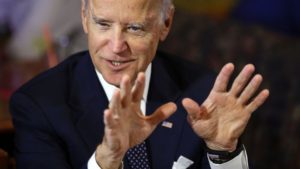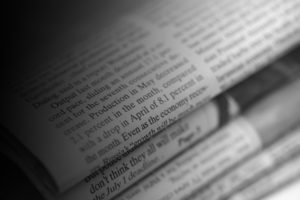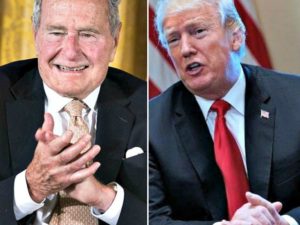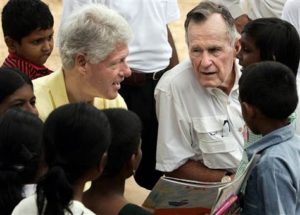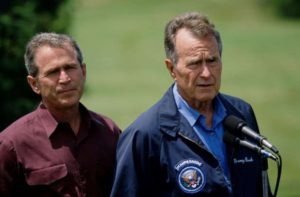By John Kanelis / johnkanelis_92@hotmail.com
As I watch President Biden perform certain ceremonial functions — or even simply walk to and from the Oval Office or climb the steps leading onto Air Force One — I am struck by a recurring thought.
It is that this man has wanted the job he now holds for practically as long as he has been a national public figure. That goes back a good while.
He burst on the national scene as a freshman U.S. senator from Delaware. He won election in 1972; Biden was just 29 years of age when they declared him the winner, but would turn 30 (the minimum legal age to serve as a senator) between Election Day and his swearing in.
It is a fairly open secret that he lusted for higher office from almost the very beginning. Biden had to endure intense personal tragedy before taking office in 1973. His wife and infant daughter died in a car crash; his sons, Beau and Hunter, were gravely injured. They would recover.
Biden would remarry five years later.
He ran for president in 1988. Then he tasted humiliation when he got caught plagiarizing the remarks of a British politician, using the British pol’s life story as his own. Sen. Biden bowed out. He would run again for POTUS in 2008, but then quit after being steamrolled by the eventual Democratic nominee, Sen. Barack Obama — who then selected him to run with him as vice president. They won. They served two successful terms.
Now it’s the Joe Biden Show in the White House.
I just am filled with the strong sense that President Biden has been in a sort of training for half a century to do the job he is now doing.
My critique? He’s quite good at acting like a president. He sounds like a president. He behaves like a president.
After enduring the clumsiness, the chaos, the confusion and the cockamamie pronouncements of the president’s immediate predecessor, all this “normal” stuff seems quite, well … refreshing.
